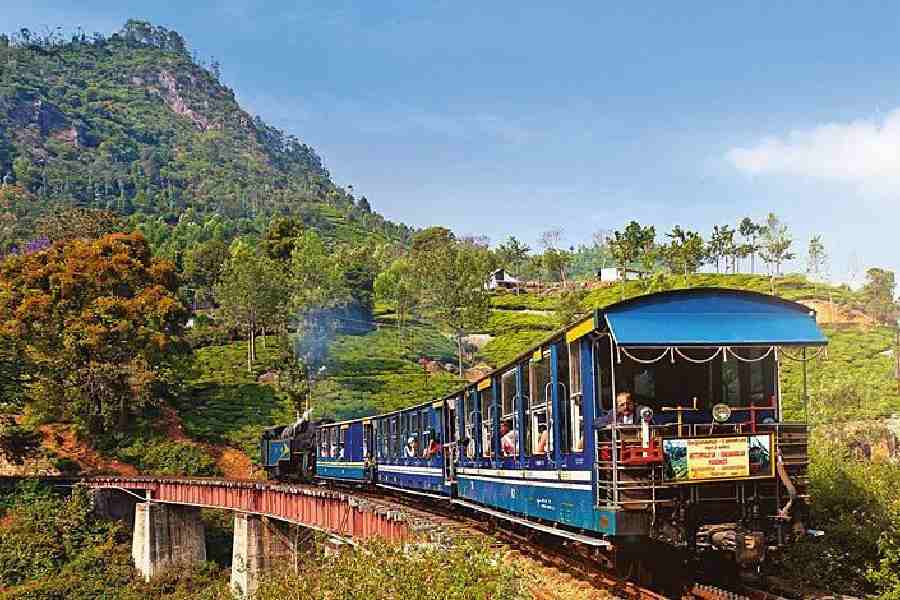Islamabad: The ongoing political wheeling and dealing in Islamabad ahead of government formation overshadowed the news of the death of former Indian Prime Minister Atal Bihari Vajpayee, revered in Pakistan as an architect of peace and amity.
Local television channels flashed the news for a few minutes before returning to more pressing political issues of the day, including the consultations at Imran Khan's home two days before he is to be sworn in as Prime Minister.
"Mr Vajpayee was a renowned statesman who contributed to bringing a change in India-Pakistan relations and remained a key supporter of Saarc and regional cooperation for development," said a foreign office statement. "The government and people of Pakistan extend their heartfelt condolences to his family and to the government and people of India."
Many here remember Vajpayee as the "architect of peace" who came to Pakistan more than once as Premier.
In the late 1990s he had arrived on an invitation from then Pakistani Prime Minister Nawaz Sharif. He became the first Indian head of government to visit the Minar-e-Pakistan, a monument that commemorates the adoption of the Lahore resolution in 1940 that called for the creation of Pakistan.
Many believe that Vajpayee's visit to the monument showed his statesmanship and desire to move towards peace.
The Kargil conflict of the summer of 1999, however, dented his efforts, and the two nations came to the verge of a full-fledged war after a terrorist attack on India's Parliament in December 2001.
In between, then military dictator Pervez Musharraf's visit to an Agra summit failed to break the ice. But Vajpayee's acumen and statesmanship were on show again when he came to Islamabad in 2004 for the Saarc summit, spearheading a fresh move to improve ties. But the relations kept see-sawing, mainly over Kashmir.
"Vajpayee's demise closes a great era that saw relations between the two countries take an upward trajectory," security and political analyst Imtiaz Gul said.
"Leaders and statesmen have different temperaments. Vajpayee had a temperament conducive to sustaining peace efforts unlike Narendra Modi," a senior diplomat said.










